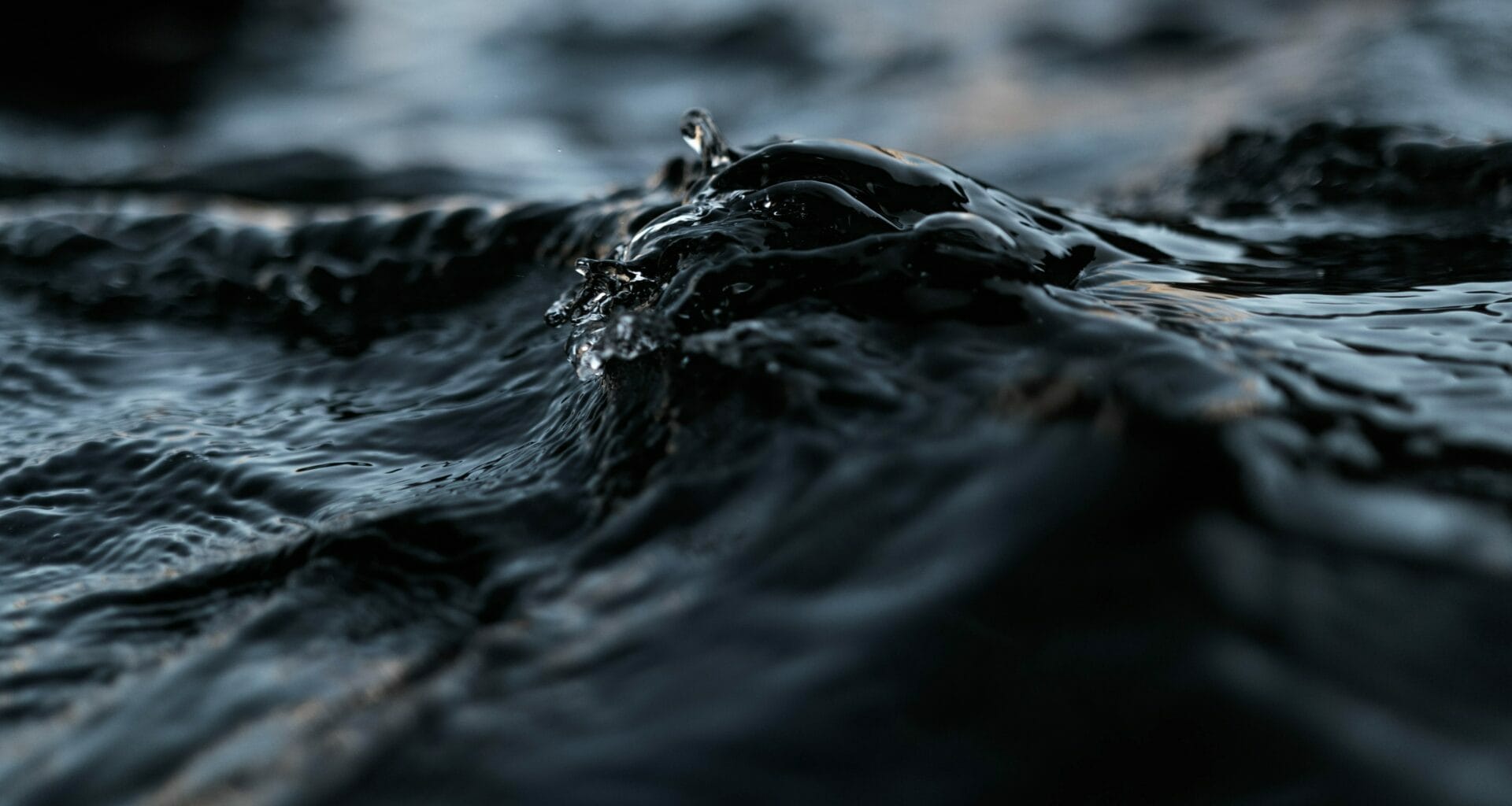A UK government regulator has failed to publish a key survey of oil and chemical spills in British seas for three years because the expert who compiled it retired.
The body responsible for pollution in UK waters, the Maritime and Coastguard Agency (MCA), used to publish an annual survey of all spills of “hazardous and noxious substances” into the sea, by boats and the oil industry.
As well as making this data available to the public, the MCA says the survey helps its counter pollution team do its job. Spills of oil and chemicals at sea have the potential to kill wildlife, destroy habitats and contaminate beaches.
But the report – which was compiled by the expert Advisory Council on Protection of the Sea (ACOPS) for the previous 40 years – has not been published since 2020, with the most recent available data from 2017.
In response to a freedom of information (FOI) request by The Ferret asking for new data, the MCA said the gap in reporting was because of the “long-term unavailability of the author, his subsequent retirement and the major restructuring of the ACOPS committee”.
The response has sparked concern from wildlife and marine conservation groups. They said the failure to publish reports for the last five years was “very concerning” and has reduced “oversight and potentially means that less action will be taken to prevent future pollution” at sea.
Meanwhile, a regulatory expert said there had been a “lack of contingency planning” at the MCA which had made it harder for it and the public to “monitor polluting industries fully”.
The MCA said the fact the survey had not been published “does not reflect any reduction” in its “oversight, response or enforcement” on pollution incidents in UK waters.
We know our seas are in peril on so many fronts. It’s therefore imperative that data is collected and monitored to allow better management of activities in our seas.
Lyndsey Dodds, WWF Scotland
The MCA is responsible for responding to pollution from any activity at sea that “threatens the UK or surrounding waters”.
Its marine pollution survey compiles all information on spills in UK waters from various public bodies including councils, national environment agencies, and the oil and gas regulator, Opred.
The MCA said the report helps its counter pollution team to “monitor trends for the number of incidents and amount of oil and chemicals spilled, the geographical distribution of spills, the sources of pollution and the nature of pollution”.
In 2017, the survey identified 644 instances where chemicals or oil were accidentally discharged into seas. Mineral oils such as crude oil and diesel made up 68 per cent of all reported spills.
Sources of pollution in 2017 included warships, chemical tankers and private yachts. The vast majority – 496 instances – came from offshore oil and gas installations.
In reply to our FOI request, the MCA said it still “holds, or has a degree of access to” databases that have informed the report compiled by ACOPS.
However, it said the “verification, deconfliction and correlation” of these reports takes time, and without doing that “exacting work, a grossly misleading picture” about spills could be developed.
The body said there was “every intention to resume the annual reporting process following the long-term unavailability of the author, his subsequent retirement and the major restructuring of the ACOPS committee itself”.
The FOI response added: “Replacing the significant subject matter expertise has been a difficult and painstaking task and we hope that work on the backlog will resume this year”.
We’re very concerned that these reports are not being published in a timely manner, which reduces oversight and potentially means that less action will be taken to prevent future pollution of our seas.
Laura Foster, Marine Conservation Society
Andrew Watterson, an expert in regulation from the University of Stirling, told The Ferret the fact that data on chemical and oil spills has been unavailable for “half a decade” meant polluters will have been “subject to less scrutiny”.
“The MCA attaches considerable importance to the ACOPS reports. So, it’s very surprising to learn that only now is MCA intending to return to annual reporting of such data,” Watterson said.
“There has been a lack of contingency planning to ensure up to date information on pollution incident reports would be available between 2017 and 2023.
“The lack of the ACOPS reports has made it more difficult for the MCA, other policy makers, environmental groups and the public across the UK to easily identify, plot and monitor pollution reports and so improve prevention of these incidents in the future.”
Lyndsey Dodds, who manages WWF Scotland’s work on ocean recovery, argued that the failure to publish the survey for “so many years” was “very concerning”.
Dodds added: “We know our seas are in peril on so many fronts, from pollution, unsustainable fishing and climate change. It’s therefore imperative that data is collected and monitored to allow better management of activities in our seas.”
Dodds’ view was echoed by Laura Foster, head of clean seas at the Marine Conservation Society. She said that it was “incredibly important that records for pollution incidents are made public and in easy to access formats”.
“We’re very concerned that these reports are not being published in a timely manner, which reduces oversight and potentially means that less action will be taken to prevent future pollution of our seas,” Foster told The Ferret.
An MCA spokesperson said: “The lack of a formal ACOPS report does not reflect any reduction in MCA oversight, monitoring, response or enforcement. The underpinning data is still reported and actioned by the MCA.”
Main image: Jack B















The ever growing wall that surrounds pollution standards and reporting has increased incrementally with lobbying by the polluters. Society and the planet suffers as those involved in the giving and receiving of financial inducements profit.